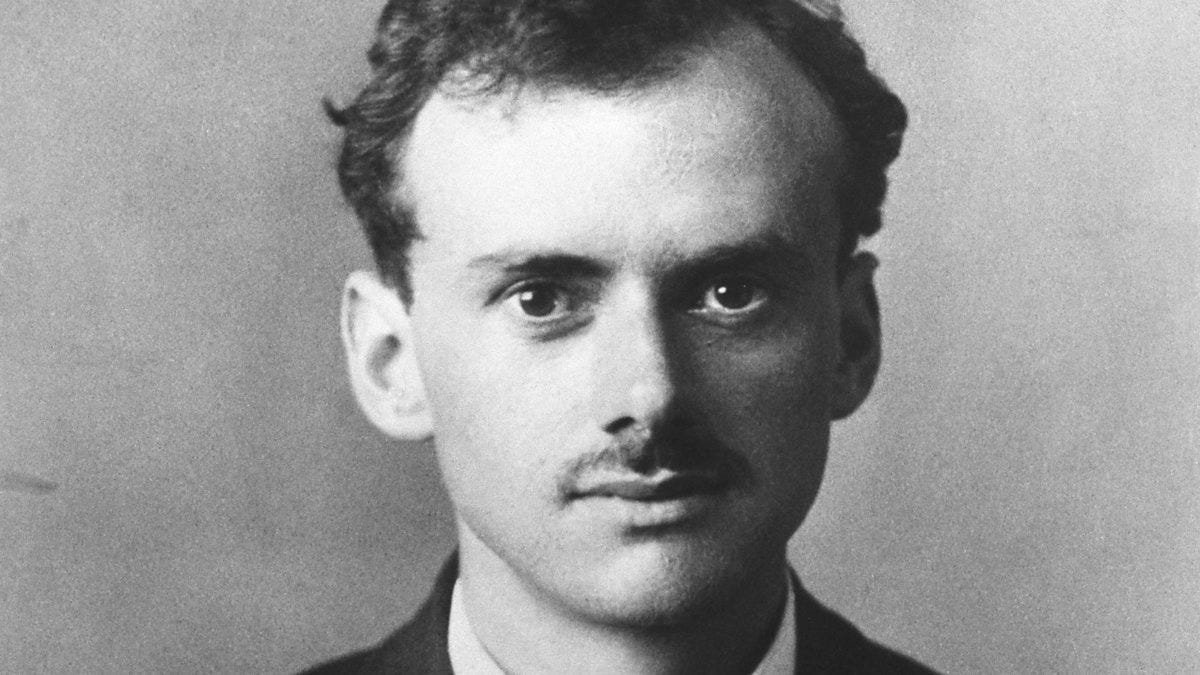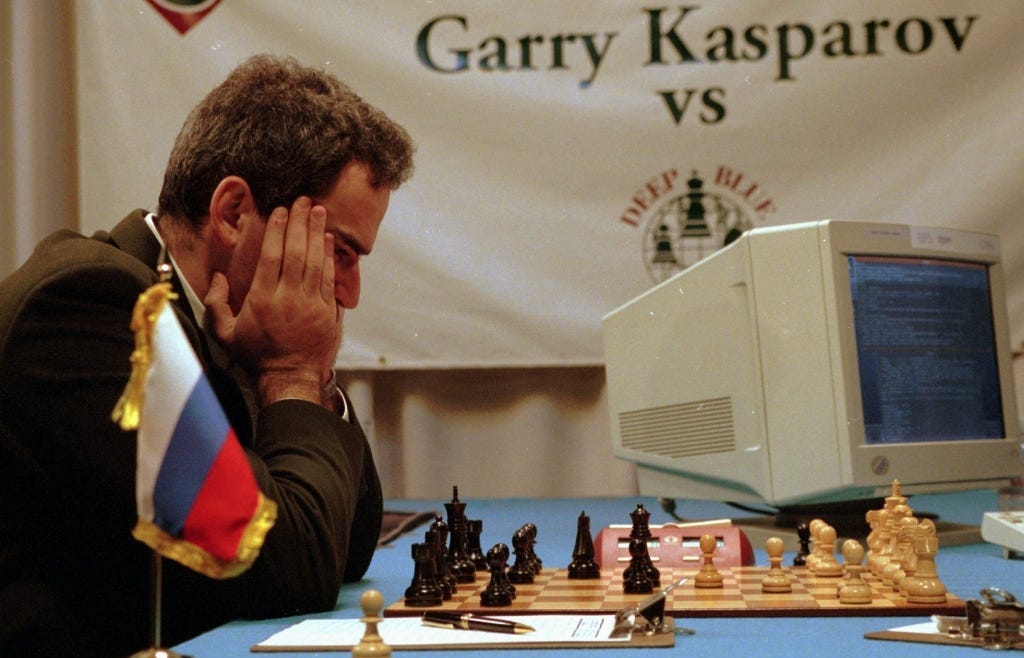The Plurality of Thinking
What animals, machines, and mental disorders teach us about the nature of thinking
Human beings have long assumed that our way of thinking is the highest—or even the only legitimate—form of intelligence. We’ve built cultures, philosophies, and sciences around this assumption. Our languages, schools, and machines are all modeled on human thought. We prize traits like logic, self-awareness, creativity, and emotional nuance, qualities that define our way of being intelligent.
However, as we’ve begun to study minds beyond our own—animal minds, artificial minds, and even human disorders—this human-centric picture starts to unravel. To assume that human thought is the gold standard is to mistake our local experience for a universal truth.
The Limits of Anthropocentrism
It’s natural for humans to see human qualities as the pinnacle of intelligence. We are the only beings we know (so far) who tell stories, appreciate art, form complex moral systems, and ask questions like “What is thinking?” We tend to believe that traits like consciousness, emotional depth, abstract reasoning, and aesthetic judgment are what make a mind truly intelligent. In this view, beings that lack these traits—whether they be bacteria, bats, or bots—are seen as lacking full intelligence.
However, this is adeeply anthropocentric bias. It confuses the style of thinking we are familiar with for the substance of what thinking is. Just because an octopus doesn’t reason like a human doesn’t mean it doesn’t think. Just because an AI lacks emotions doesn’t mean it doesn’t process information, learn, adapt, and solve problems. Intelligence may not always look like us.
Neurodiversity: Many Human Minds
Even within our own species, thinking takes many forms. Some people are more verbal, others more spatial. Some are highly analytical, others intuitive or empathic.
Conditions like autism, ADHD, and dyslexia are often framed as “disorders,” but increasingly they are understood as different cognitive styles: different ways of processing information, not inferior ways. Neurodiversity reminds us that even among humans, there is no single “correct” way to think. What works well in one context may not in another, and different minds bring different strengths.

Non-Human Animal Minds: Intelligence in Unexpected Forms
Animal cognition offers another powerful lesson in the diversity of thought. Crows make tools. Dolphins communicate with complex vocalizations. Octopuses, which have brains in their tentacles, solve puzzles and escape enclosures with astonishing cleverness. These creatures do not think like us. They do not write poetry or build cities. However, they exhibit intelligence adapted to their own lives and environments.
Some animals, like ants or bees, display instinctual forms of collective intelligence that emerge at the group level, without any single individual being conscious of the overall behavior. Others, like elephants or parrots, exhibit emotional and social sophistication. These minds challenge the assumption that human-like traits are required for meaningful cognition.
Artificial Intelligence: Thought Without Awareness
Artificial intelligence (AI) presents yet another kind of mind, one that processes information and solves problems without consciousness or emotion. A computer can play chess at a grandmaster level, diagnose disease more accurately than a human, and compose music that moves us emotionally, all without knowing that it’s doing any of these things. It doesn’t need to be “aware” to be effective.
This upends our intuitions. We often assume that understanding and conscious self-awareness are required for intelligent behavior. However, AI shows that thinking, in some meaningful sense, can occur without them. These systems do not replicate human thought. They represent a radically different kind of cognition, one that excels in areas we struggle with.
Moving the Goalposts
Throughout the history of AI, humans have repeatedly shifted the definition of intelligence whenever a machine passes a test once thought to require it. This reflects discomfort with the idea that computers might match or surpass human intelligence.
A clear example is IBM’s Deep Blue. For years, beating a human at chess was considered a hallmark of intelligence. However, when Deep Blue defeated world champion Garry Kasparov, critics dismissed it as mere number-crunching, no longer a real measure of intelligence.

University of Liverpool philosopher Barry Dainton writes, “As soon as a computer performs a task as well as humans, we say it didn’t require real intelligence after all.” He notes that tasks once seen as paradigms of intelligence— such as mental arithmetic and chess mastery—are now downplayed simply because machines can do them better than humans, suggesting that AI may be more advanced than its critics admit.
From Ladder to Landscape
What emerges from all this is a shift in perspective: from a vertical ladder of intelligence, with humans at the top, to a horizontal landscape of minds. In this landscape, intelligence is not a single dimension but a spectrum, a field of varied, context-dependent capacities. Some minds are good at long-term planning, others at rapid pattern recognition. Some feel deeply, others calculate precisely. No one form is universally superior.
This has both philosophical and practical implications. It humbles us, reminding us that we are not the measure of all minds. And it invites us to design systems, institutions, and technologies that value diverse ways of thinking, whether human or nonhuman.
If there is no single best way to think, then “thinking” itself must be understood more broadly. It is not limited to language, consciousness, and biology. It can emerge from a swarm of insects, a mechanical neural network, or a brain unlike our own. What matters is not how closely a system resembles us, but how it navigates, interprets, and adapts to its world.






Similarly, I find, "I really hadn't seen it that way" comes often after posing a well thought out question to a perceptive AI than a friend. Do we lose out because we limit our way of thinking and communicating because we are rushed and limit our ability our willingness to focus our attention? Or, have we become a society where being insightful, or where the ability to see things differently is discouraged?